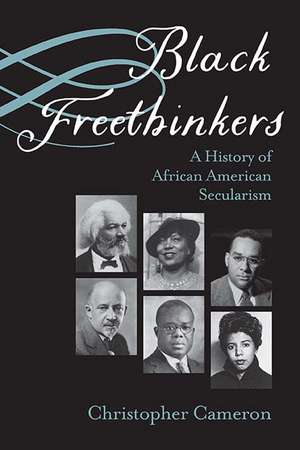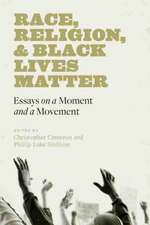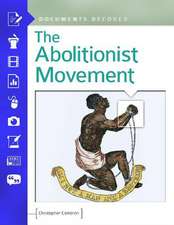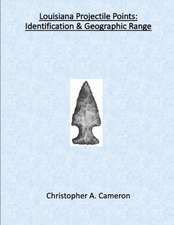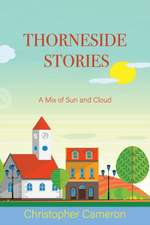Black Freethinkers: A History of African American Secularism: Critical Insurgencies
Autor Christopher Cameronen Paperback – 14 sep 2019
Black Freethinkers argues that, contrary to historical and popular depictions of African Americans as naturally religious, freethought has been central to black political and intellectual life from the nineteenth century to the present. Freethought encompasses many different schools of thought, including atheism, agnosticism, and nontraditional orientations such as deism and paganism.
Christopher Cameron suggests an alternative origin of nonbelief and religious skepticism in America, namely the brutality of the institution of slavery. He also traces the growth of atheism and agnosticism among African Americans in two major political and intellectual movements of the 1920s: the New Negro Renaissance and the growth of black socialism and communism. In a final chapter, he explores the critical importance of freethought among participants in the civil rights and Black Power movements of the 1960s and 1970s.
Examining a wealth of sources, including slave narratives, travel accounts, novels, poetry, memoirs, newspapers, and archival sources such as church records, sermons, and letters, the study follows the lives and contributions of well-known figures, including Frederick Douglass, Zora Neale Hurston, James Baldwin, and Alice Walker, as well as lesser-known thinkers such as Louise Thompson Patterson, Sarah Webster Fabio, and David Cincore.
Christopher Cameron suggests an alternative origin of nonbelief and religious skepticism in America, namely the brutality of the institution of slavery. He also traces the growth of atheism and agnosticism among African Americans in two major political and intellectual movements of the 1920s: the New Negro Renaissance and the growth of black socialism and communism. In a final chapter, he explores the critical importance of freethought among participants in the civil rights and Black Power movements of the 1960s and 1970s.
Examining a wealth of sources, including slave narratives, travel accounts, novels, poetry, memoirs, newspapers, and archival sources such as church records, sermons, and letters, the study follows the lives and contributions of well-known figures, including Frederick Douglass, Zora Neale Hurston, James Baldwin, and Alice Walker, as well as lesser-known thinkers such as Louise Thompson Patterson, Sarah Webster Fabio, and David Cincore.
Preț: 268.96 lei
Nou
Puncte Express: 403
Preț estimativ în valută:
51.47€ • 55.03$ • 42.91£
51.47€ • 55.03$ • 42.91£
Carte disponibilă
Livrare economică 24-31 martie
Livrare express 13-19 martie pentru 34.96 lei
Preluare comenzi: 021 569.72.76
Specificații
ISBN-13: 9780810140783
ISBN-10: 0810140780
Pagini: 256
Dimensiuni: 152 x 229 x 18 mm
Greutate: 0.36 kg
Editura: Northwestern University Press
Colecția Northwestern University Press
Seria Critical Insurgencies
ISBN-10: 0810140780
Pagini: 256
Dimensiuni: 152 x 229 x 18 mm
Greutate: 0.36 kg
Editura: Northwestern University Press
Colecția Northwestern University Press
Seria Critical Insurgencies
Notă biografică
CHRISTOPHER CAMERON is an associate professor of history at the University of North Carolina at Charlotte. He is the founder of the African American Intellectual History Society, the author of To Plead Our Own Cause: African Americans in Massachusetts and the Making of the Antislavery Movement, and a coeditor of New Perspectives on the Black Intellectual Tradition (Northwestern, 2018).
Cuprins
Acknowledgments 3
Introduction 5
1. Slavery and Reconstruction 16
2. The New Negro Renaissance 65
3. Socialism and Communism 116
4. Civil Rights and Black Power 165
Afterword 224
Bibliography 236
Endnotes 255
Introduction 5
1. Slavery and Reconstruction 16
2. The New Negro Renaissance 65
3. Socialism and Communism 116
4. Civil Rights and Black Power 165
Afterword 224
Bibliography 236
Endnotes 255
Descriere
Black Freethinkers is the first study to offer a comprehensive historical treatment of African American freethought (including atheism, agnosticism, and secular humanism) from the nineteenth century to the present.
